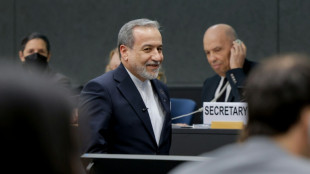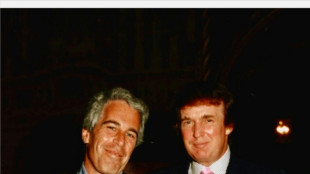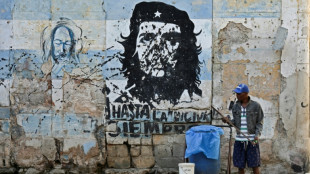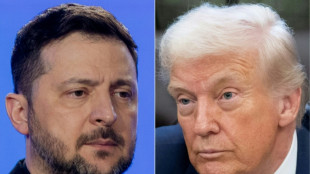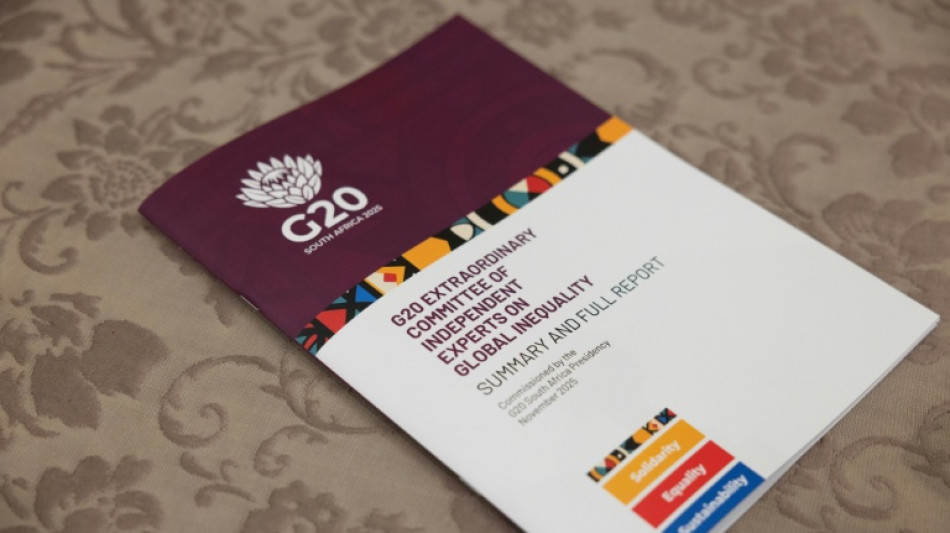
Over 500 economists, top experts call for G20 inequality panel

More than 500 economists and other leading experts, including a Nobel laureate and a former United States treasury secretary, on Friday urged G20 leaders to establish an international panel to tackle extreme wealth disparities.
The panel was a key recommendation of a task force created by G20 host South Africa and led by Nobel Prize-winning economist Joseph Stiglitz ahead of the leaders' meeting next week.
Modelled on the UN's Intergovernmental Panel on Climate Change (IPCC), it would analyse all aspects of inequality -- from land ownership to tax avoidance -- and seek to inform policymaking.
In an open letter published on Friday, the experts -- also including Nobel laureate Daron Acemoglu, France's Thomas Piketty, and former US treasury secretary and former Federal Reserve chair Janet Yellen -- backed the idea.
"We are profoundly concerned... that extreme concentrations of wealth translate into undemocratic concentrations of power, unravelling trust in our societies and polarising our politics," they said.
The Stiglitz report found that the world's richest one percent captured 41 percent of all new wealth between 2000 and 2024.
In contrast, just one percent went to the poorest 50 percent, according to data from the World Inequality Lab.
"Inequality is not inevitable; it is a policy choice," the letter said.
"Clear and proven steps can be taken to reduce it and build more equal societies and economies," they said, adding that experts stood ready to volunteer their time, as many do with the IPCC.
South Africa, which will host the G20 leaders' summit in Johannesburg on Nov 22–23 -- the first ever held in Africa -- has made tackling economic inequality a central theme of its presidency.
It is unclear whether the resolution will be adopted, as the G20 is not a treaty-based organisation like the United Nations and has no legal charter or constitution, functioning instead as an informal forum that operates by consensus.
Members are split over a range of policy issues, and the group's richest member, the United States, has said it will boycott the Johannesburg summit, accusing South Africa's agenda of being anti-American.
Founded in 1999, the group brings together 19 countries plus the European Union and the African Union, representing about 85 percent of global GDP and roughly two-thirds of the world's population.
C.Albano--INP

 London
London

 Manchester
Manchester
 Glasgow
Glasgow
 Dublin
Dublin
 Belfast
Belfast
 Washington
Washington
 Denver
Denver
 Atlanta
Atlanta
 Dallas
Dallas
 Houston Texas
Houston Texas
 New Orleans
New Orleans
 El Paso
El Paso
 Phoenix
Phoenix
 Los Angeles
Los Angeles
